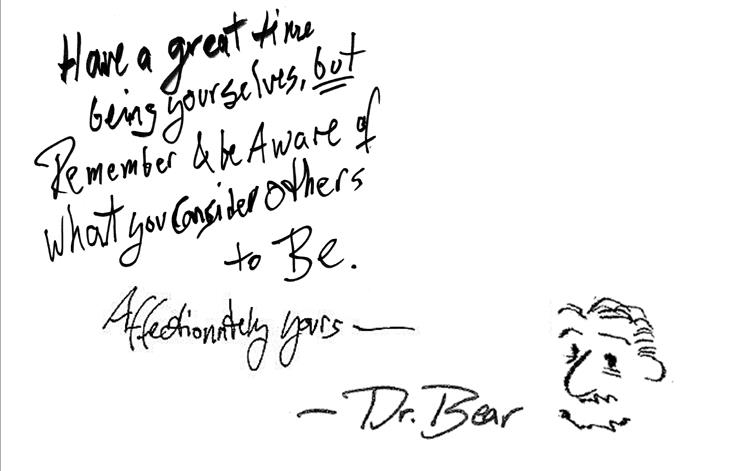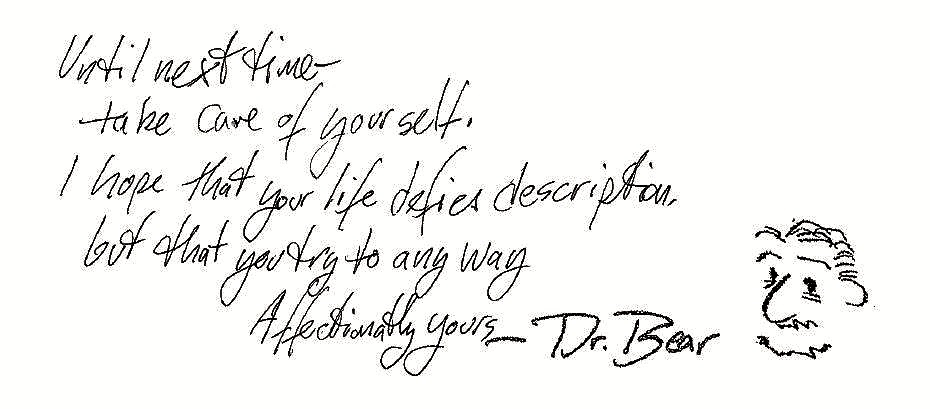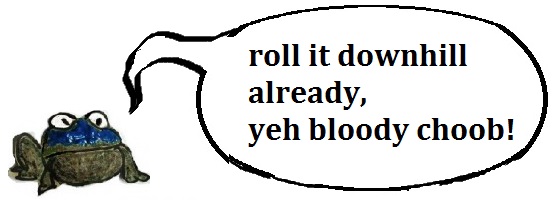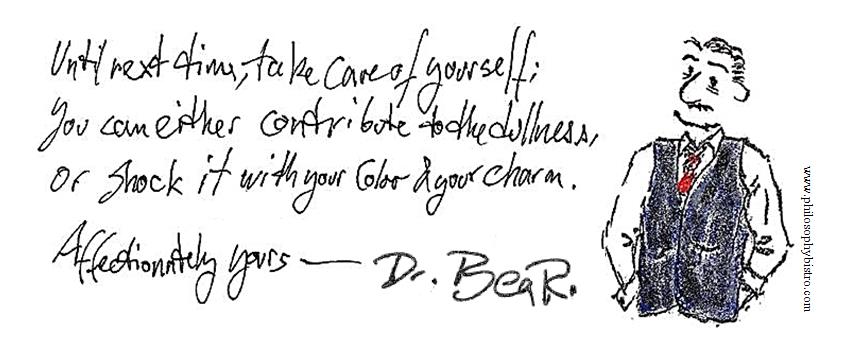Once upon a time, a long, long time ago, the English language had 3 ways of saying you: “þū” (pronounced like ‘thoo’) for one of you, “ġit” (pronounced like ‘jit’) for two of you, and ġē” (pronounced like ‘jee’) for several of you. That is Old English.  In Middle English, the second person pronoun was simplified to “thou” and “ye.” Today, in modern English, we only have “you.” Of course, there are regional exceptions, such as the “y’all” of the South, the northern “you guys,” “you-uns,” which is spread across the Ohio River Valley and parts of old Appalachia, its derivative “yinz,” which is a defining characteristic of Pittsburghese, and “yous,” Digression226 which persists in English speaking pockets from New Jersey, Boston, and Philly, all the way to Ireland, South Africa, Australia, and New Zealand.
In Middle English, the second person pronoun was simplified to “thou” and “ye.” Today, in modern English, we only have “you.” Of course, there are regional exceptions, such as the “y’all” of the South, the northern “you guys,” “you-uns,” which is spread across the Ohio River Valley and parts of old Appalachia, its derivative “yinz,” which is a defining characteristic of Pittsburghese, and “yous,” Digression226 which persists in English speaking pockets from New Jersey, Boston, and Philly, all the way to Ireland, South Africa, Australia, and New Zealand.
It is not uncommon for languages to slur and simplify. However, in English, there are important social factors and meanings to this change. How I speak to a second person is also a strong indication of how we interact. As Middle English developed a court  language for the gentry, it adopted what is called the T/V distinction. In several European languages, the plural 2nd person becomes an honorific, a formal address of respect to superiors. examples include the tu/vous in French, the du/sie in German, and tú/usted in Spanish. By contrast the singular denoted either a lower class, or a sense of intimacy. The farmer would address his lord as “you” and his child as “thou.” The Lord would address other nobility as “you,” but address both the farmer and his child as “thou.”
language for the gentry, it adopted what is called the T/V distinction. In several European languages, the plural 2nd person becomes an honorific, a formal address of respect to superiors. examples include the tu/vous in French, the du/sie in German, and tú/usted in Spanish. By contrast the singular denoted either a lower class, or a sense of intimacy. The farmer would address his lord as “you” and his child as “thou.” The Lord would address other nobility as “you,” but address both the farmer and his child as “thou.”
However, at the same time, the rising middle class began to blur the rigid class 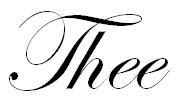 distinctions, and adopted using “you” in all interactions. In part, to show they were not from the lower classes and provincials and in part because the formal was the language of business. One says: “How are you today, sir?” as a courtesy and a sign of respect to any customer walking in the door, but one also expects that courtesy to be returned. Similarly, everybody became “Master” or “Mister,” and “Mistress” or “Mrs.” Digression227
distinctions, and adopted using “you” in all interactions. In part, to show they were not from the lower classes and provincials and in part because the formal was the language of business. One says: “How are you today, sir?” as a courtesy and a sign of respect to any customer walking in the door, but one also expects that courtesy to be returned. Similarly, everybody became “Master” or “Mister,” and “Mistress” or “Mrs.” Digression227
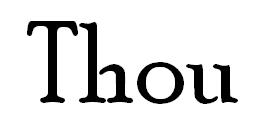 What was gained by this change to you was an equality of address, but a formal equality. What was lost was the familiarity and intimacy of thou-ing someone. It has its few remnants, but for the most part it sounds archaic. Emily Dickinson’s:
What was gained by this change to you was an equality of address, but a formal equality. What was lost was the familiarity and intimacy of thou-ing someone. It has its few remnants, but for the most part it sounds archaic. Emily Dickinson’s:
Wild nights – Wild nights! Were I with thee Wild nights should be Our luxury!
…sounds sweetly archaic, like an ancient ode. It doesn’t sound like wild nights.
The Quakers became known for always using the familial “thou” to demonstrate their belief in universal brotherhood, as well as their unwillingness to 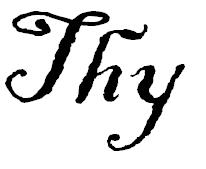 participate in inequality. In a way, it seems odd that the leveling of English chose the genteel formal, instead of the Quaker’s familiarity. Then again, maybe it says something about us that we don’t miss the familiar pronoun. The informal formality of the second person might be an accurate indication of who we are and how we interact. We can be friendly while keeping a distance, casual without being intimate; that is who we have become.
participate in inequality. In a way, it seems odd that the leveling of English chose the genteel formal, instead of the Quaker’s familiarity. Then again, maybe it says something about us that we don’t miss the familiar pronoun. The informal formality of the second person might be an accurate indication of who we are and how we interact. We can be friendly while keeping a distance, casual without being intimate; that is who we have become.
We have acquired the easy manners of the sales person, showing respect and being friendly, but at the same time easily disposing of the conversation and forgetting about it as it passes. We laugh at the second person’s joke in an open, friendly way, all the while thinking of something else. We can get personal without recognizing persons, as well as “nice” and “sweet” without bothering to be genuine.
Of course, we are not slaves to the laws of language, even if we are grounded by them. Like the laws of gravity and inertia, we can defy language occasionally by acts of will and imagination.
We must remember to ask ourselves: Who is this you? Each second person—singular or plural—is their own first person. When we ask “How are you?” we must remember that the you is an I with his or her own concerns. When we say “thank you,” whom are we thanking? When we say “I’ll be with you in a moment,” who is the person thinking “Great. Now I have to wait again?” When we yell “FUCK YOU!!” who is the vulnerable me we are yelling at?

